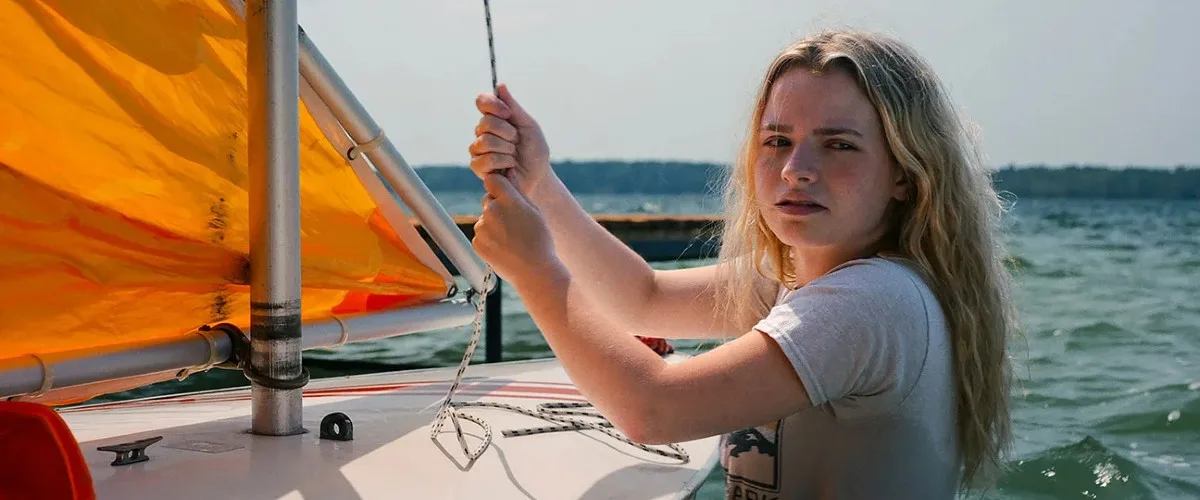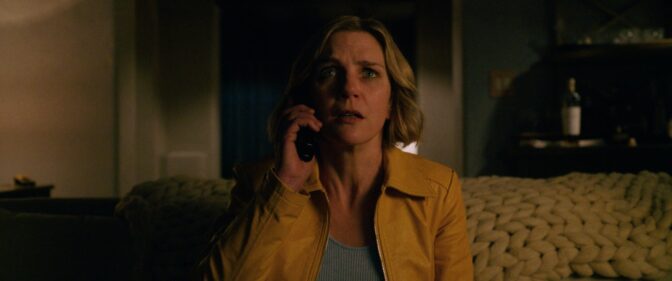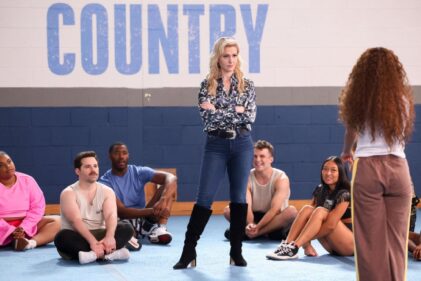The truly lovely “Sunfish (and Other Stories of Green Lake)” is a case study in how specificity can reflect universal feelings. When filmmakers set out to make something for everyone, they almost always falter into melodramatic clichés, thinking that they are the only way to produce relatability on a broad scale. The truth is that it’s the details that make something feel true, and it’s only when something feels true that we can see ourselves in that cinematic mirror. Much was written about the “universal” emotions of “Moonlight,” for example, but that’s a film that’s incredibly specific regarding its characters, their arcs, and their setting. Sierra Falconer’s wonderful dramedy isn’t on that level, but it speaks to the same artistic truth—tell your story artistically and with genuine detail and people will hear their own inner voice in it.
In this case, this critic can speak to the veracity of this regional tale, having family in the region of Michigan in which it’s set, one of the most beautiful places in the world (at least in the summer). Around Green Lake, which is just south of Grand Rapids, Falconer tells four tales, barely interconnected beyond their likable, relatable characters. If there’s a connective tissue, it’s that of unspoken emotion, usually that of young people. A girl can’t confront the mother who’s practically abandoned her, a boy fights the demons of anticipated perfection, a man seeks purpose before he can no longer find it, and a young woman struggles to find the words to say to her departing sister. It sounds cheesy, but “Sunfish” is about what are often called core memories. We all can close our eyes and think back on that summer that shifted things in our lives, a chapter break before we started writing the next one. This is about four of those.
Maren Heary grounds the first (and arguably best) of the four stories in this anthology-esque film, playing a young woman named Lu on the day that her mother reveals that she just got a quickie marriage and is off on her honeymoon. A 14-year-old forced to spend a summer with her grandparents instead of anyone she knows, Lu becomes drawn to her grandpa’s sunfish, learning how to tie and untie knots (both physically and emotionally). In one of my favorite shots of the year, Lu yells at a mother duck who has left her ducklings behind…because she can’t yell at her own mom. But Falconer shoots it from far away, as if we’re overhearing the incident, which adds to Lu’s apprehension and makes it feel more reasonable than clichéd. We say different things when we don’t think anyone is listening. We get a little sillier. And we get a little more honest.
“Sunfish” than pivots to a musical prodigy at the prestigious Interlochen, a boy who carries the weight of hours of practice and competition. You can see it in his young bones, only loosened a bit when he’s invited to play in the water with some other students. The third segment shifts tone to a tale of the giant fish who got away. At first, it seems incongruous, but it’s the kind of story that one overhears in a bar in Michigan, the legend of a normal guy who had an extraordinary journey. Finally, Falconer finds two sisters who are helping out an AirBnB, prepping for one to move to Chicago while also entertaining a family of L.A. travelers in the region to possibly make a film.
“Sunfish” has a gentle grace that’s rare in movies like this one, a movie made by someone who clearly cares about her characters without begging viewers to do the same. Dramedy writers place so much effort on likability without realizing that the best ones have a sort of transitive nature. Falconer cares about the people of Green Lake so much that she makes them three-dimensional, allowing us to care about them too. Even minor characters feel like they might have accidentally stumbled into a movie before going back to their ordinary lives. It’s one of those movies that reminds us that great drama and comedy can come from the most unexpected, ordinary places. We all have a place like Green Lake.




















